Occasional No’s
“Stairs suck.” This was my friend Bella’s answer to “have you ever been in a public place where you didn’t feel you and your needs were accommodated?” Bella has never climbed stairs in her entire life not because she simply chooses not to but because she simply can’t. Every way in our society Bella is labeled as physically handicapped. And she has worn this label ever since she was two. She was diagnosed with a disorder called Spinal Muscular Atrophy, leaving her in a wheelchair for all of her life.
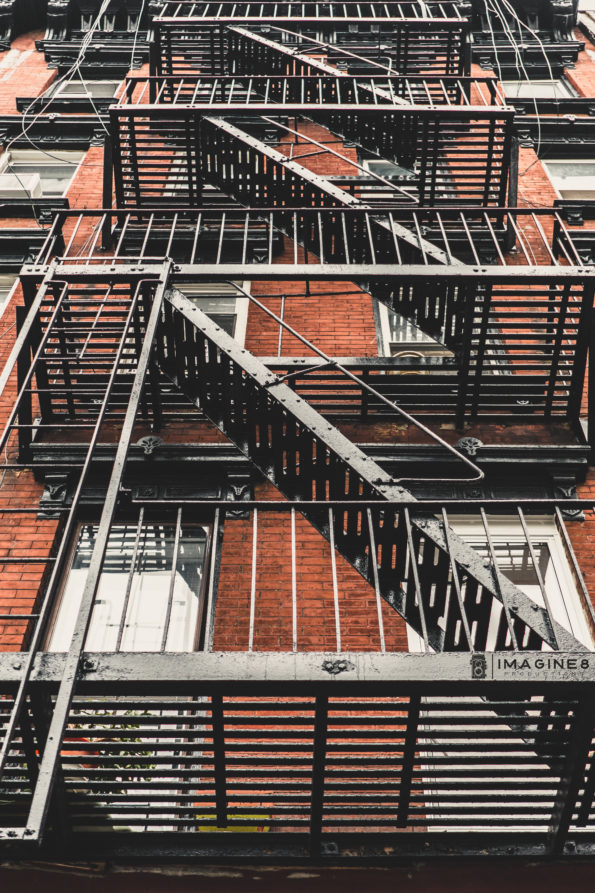
When Bella goes anywhere she needs to ask questions that able bodied people would never have to think of. “Am I able to get into that building? Is there other options besides stairs? Is there a ramp I can use?” The answer to these questions is mostly yes, yet there is the occasional no’s. These occasional no’s determine if Bella can go where she wants to go. And if there is accessibility it’s usually in an inconvenient path, which makes Bella question if her trip is even worth it.
Being physically handicapped is already a struggle in itself. Our society is giving them even more inconveniences than they should have to deal with. And it needs to stop.
In the United States we have tried to make strong accommodations for the people who are physically handicapped. Stated in the Americans with Disabilities Act of 1990 , “[The act] prohibits discrimination and ensures equal opportunity for persons with disabilities in employment, State and local government services, public accommodations, commercial facilities, and transportation.” So why does Bella have to continue questioning whether or not she can go somewhere.
Sorry For the Inconvenience
Stairs are everywhere. In schools, subways, buses, malls, and the list continues. What our society needs to understand is that stairs can only be climbed by those who are able, the 30.6 million others who have immense difficulty or the complete inability to climb stairs are not to be forgotten.
Jessica Kensky said, “I am living in a world that is not built for me.” Jessica is a 2013 marathon bombing victim, where she was unfortunately forced to amputate her leg. She is another person, another number to add to the 30.6 million that can not be forgotten.
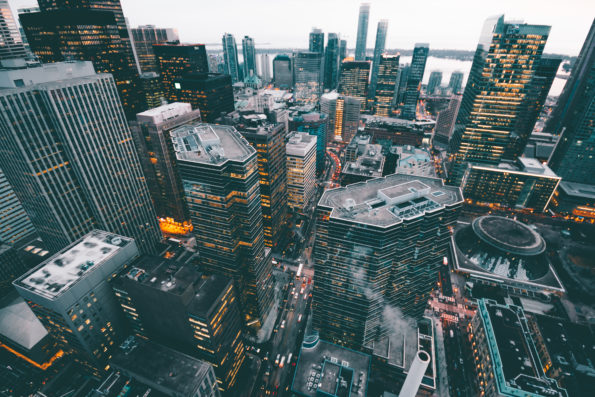
Multiple story buildings are also everywhere. In today’s age most if not all multiple story buildings have elevators. But with elevators come technical difficulties, this results in a big Out of Order sign hanging on the side. This itself aggravates many able bodies, since they have to take the stairs. But stairs are not an option for the unable. Because our society has no other options for the unable. Also what happens when a fire is started in these multiple story buildings? Elevators get shut down for safety reasons. Yet there is nothing safe about a person unable to get out of a burning building, as there is no other options.
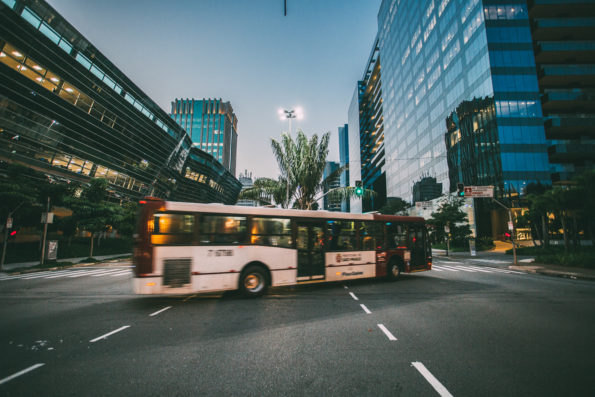
Buses are everywhere, more specifically not handicap accessible public buses are everywhere. This public transportation source excludes the unable. Most people in wheelchairs are not able to drive, and the public buses are not an offered option. So whenever they choose they would like to go somewhere they are forced to rely on a friend or family member to help. Just three or four steps is all it takes for something like public buses to completely take away the right of accessibility. The problems are not just at the final destination for the unable but also the travel.
The stairs, the buildings, the transportation are all parts of why the unable will never be truly equal with any of their able peers. Our society needs to be able to make accommodations. To allow people to live freely in their wants of passing and going. All the people, the able and the unable.
The Overall Appeal of Inaccessible History
Yet not all will allow this free lifestyle for everyone. Our history is a factor that holds so many people back from making these accommodations.
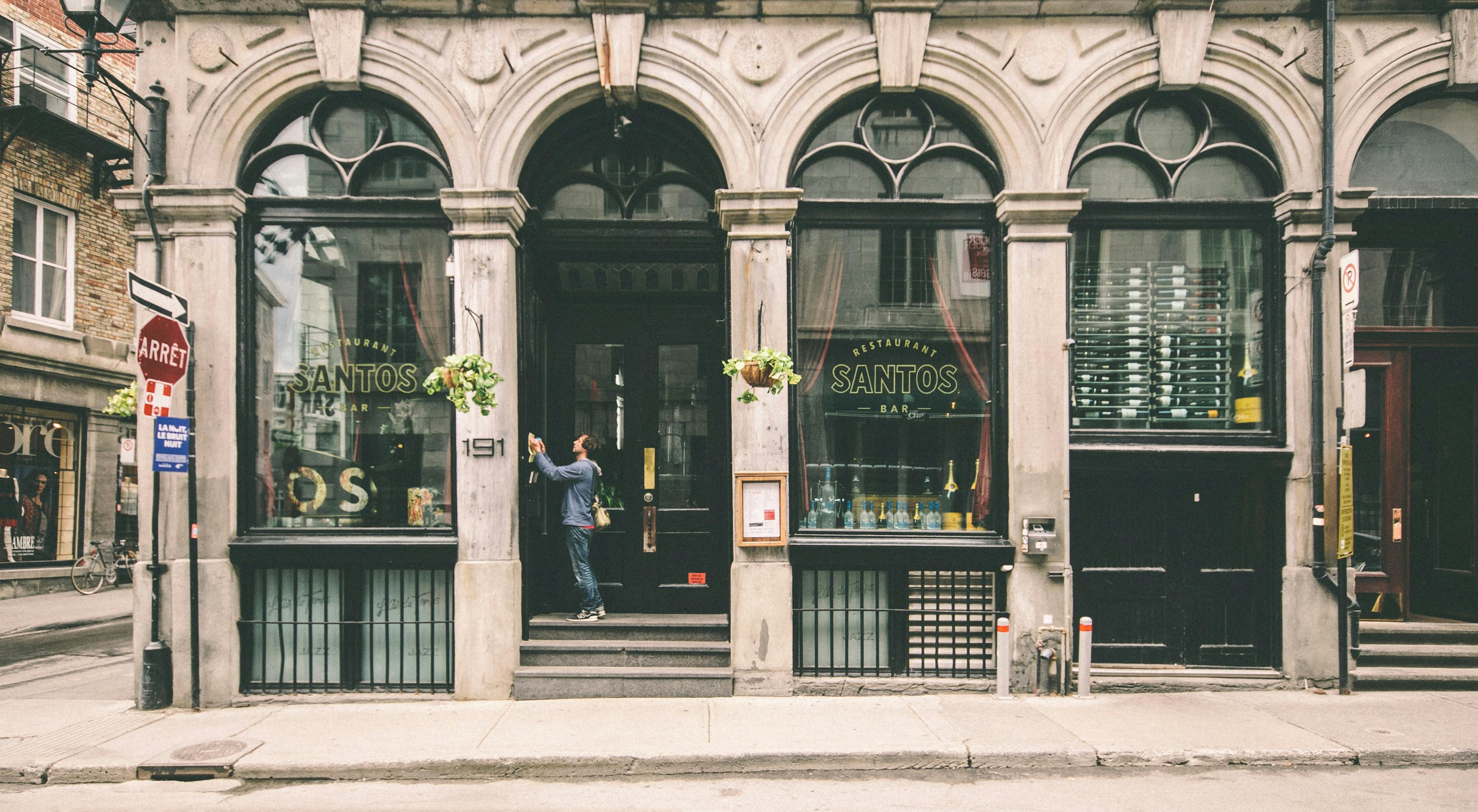
Historical buildings are everywhere. Historical buildings that never once thought of the needs of the unable. Museums, sites, religious sanctuaries, the list goes on throughout the timeline of our entire beings. Our entire culture. The unable are not always allowed to enjoy these pieces of history, because there are not given any options to do so.
Opposers of accessibility in historical sites, will say that ramps are ruining the overall appeal. And that certain buildings are too old and shouldn’t have to put accessibility in to abide by newer ADA laws that say to do so. But the ADA states, “There is no grandfathering, under the ADA.” Meaning that no matter how old a building is and no matter how historic they must abide by the ADA.
Let us not divide each other because of overall appeal. Make the overall appeal be accessibility for all.
Another Option
Create ramps everywhere. Ditch the stairs, the 30.6 million will thank you. Ramps allow access for everyone. When ramps are everywhere, the unable will be able to go everywhere. The question of “is there a ramp I can use?” will stop replaying in their heads, since the unable will know there is a ramp. This simple knowledge of knowing there is accessibility. Knowing that your needs are accommodated. Knowing that there is another option.
Expected accessibility of the unable will change everything for them.
This will change their minds. The unable will be able to do everything an able person does just modified. There will be no more “can nots” in the terms of accessibility. Their minds will change, because they are able and they are worthy of going into that building.
It’s oppression, this inaccessibility. Over 29.8% of handicap people have depression. It’s the daily problems that the unables face, because life put them in a wheelchair. It’s the inaccessibility that creates the oppression.
This isn’t the unable’s fault, it’s society’s fault that the accessible options for the unable either doesn’t exist or is so far out of the way there is no point. As a society we must do better, strive for equal opportunities for able and unable.
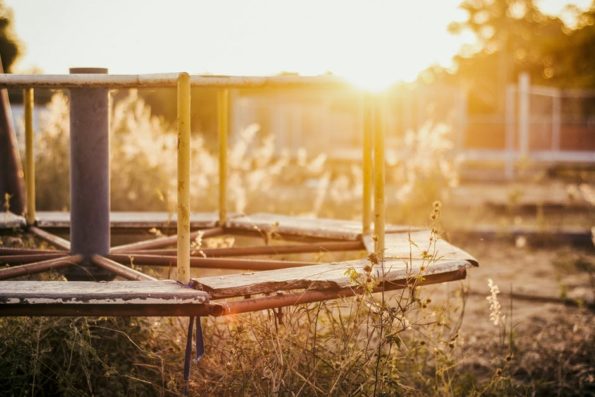
It’s all Fun and Games Until The Unable Kid Can’t Play
Playgrounds are everywhere. Handicap children are rarely ever able to play on their elementary school playground, because of non level grounds, regular swings, and stairs to get on the actual construction. They have to sit on the side at recess watching their able peers play and laugh.
These unable children are taught at such a young age, that they are different. They can’t do the things they see other kids do and it forms this divide. A divide between the able and the unable. If these unable children grow up knowing they are not accommodated, this oppression continues.
Accessible playgrounds do exist, so why don’t they exist everywhere? These playgrounds have ramps onto the construction, level grounds to play upon, able swings for all to swing. Let our society know that everyone should have the ability to play like children. Create new thoughts into the unable children, much more positive thoughts.
Thoughts like “I can do everything everyone else can do.” This statement consists of eight simple words but it means so much. Unable children knowing the are accommodated for, instills this self confidence within them.
Allow these unable children to live in a life not of oppression but of self expression.
As a society if we allow this inaccessible injustice to happen, it will continue. Create options, create convenience, create a better life for the able and unable.
Featured Image Burst

I never really thought of how big of an issue this is. This is a well written blog and it made me think more about those who cannot go into some buildings because not all buildings are handicap accessible.
When I read this, I thought of the part in TFIOS where Hazel struggles because there are only stairs in the Anne Frank house, and that part always makes me confused as to why she’s forced to struggle like that. I totally agree that everywhere should be accessible for everyone. I really like this whole article. I never even thought about the fire situation to be honest. But thinking about it now, that’s a serious hazard, and almost seems to say handicapped lives aren’t as important. We need to give everyone equal oppurtunities if we can, and not let their physical conditions completely dedicate their lives.